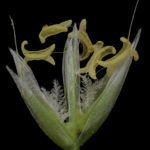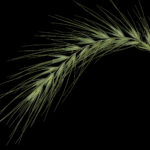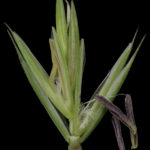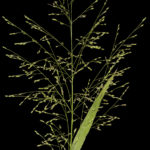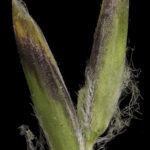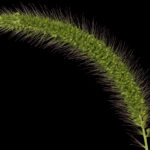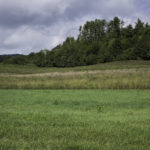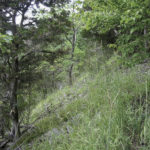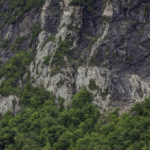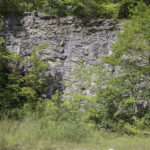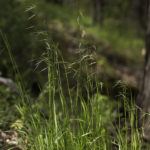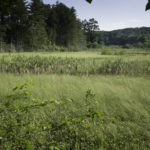Grasses: An Ecological Introduction
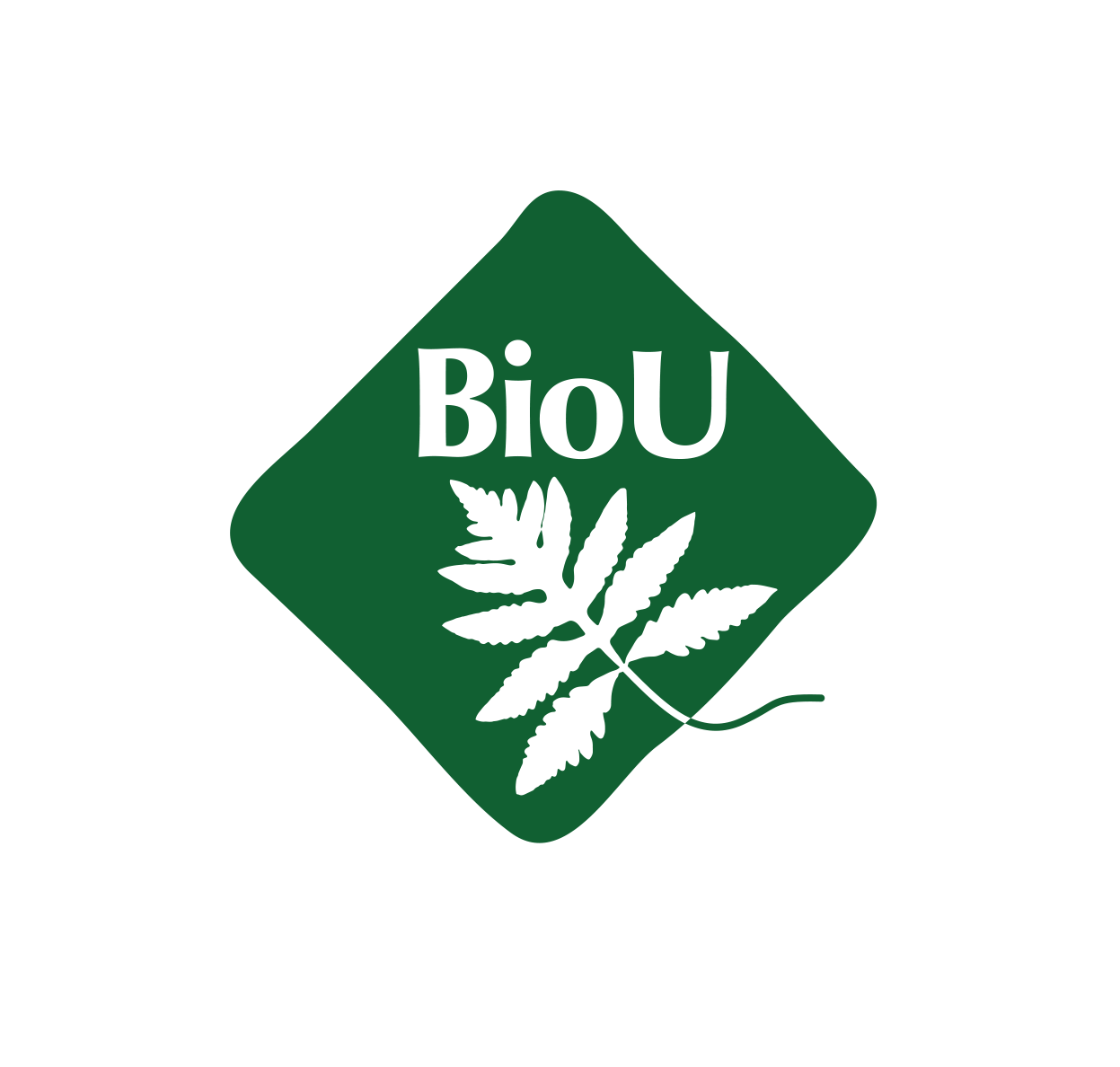
Instructors: Jerry Jenkins & Brett Engstrom
The Early Grasses | July 2 - 3, 2022
The Late Grasses | August 20 - 21, 2022
$265 (single course ) $450 (both courses)
Course size: 12 students
Please Contact Us to request scholarship assistance
T
he grasses are our most diverse plant family in settled areas, and our second most diverse, after sedges, in forests, glades, and wetlands. They are interesting and rewarding: graceful, intricate, ecologically sensitive. If you don’t know them, you are missing a lot. If you are meeting them for the first time, you are in for a treat.
This is a two-weekend course. The first is at the end of the early grass season, the second at the beginning of the late. The second will build on the first. You can take either by itself, but the grass show really has two acts, and we recommend both.
Our grass flora is a mixture of native and introduced species. Both are important, and included, without preference, in the course.
The first weekend we will look at two or three habitats: a fertile woodland and an open wetland for natives, and a hay meadow for introduced species. The second weekend we will look at roadsides, lawns, and gardens for introduced species, and then, in an all day trip, river and lake shores near the mouth of the Winooski for native species.
The course starts with structure and ecology and moves to identification. We teach a kind of direct, three-step identification in which you ask yourselves questions: “Based on the habitat and season, what grasses are most likely here?” “Based on what I can see from a distance, what grass is that most likely to be?” “What will I need to see up close to confirm that.”
Which is to say, informed guess work, followed by confirmation. This is how we, and most professionals, identify grasses. It works; you will see.
Guesswork requires preparation and review. We start each day by studying and comparing living specimens indoors. We end by looking at what is found, and talking about what it is and why it was there, and what that means. In other words: preparation at the table; field work, near and farther; natives and aliens, without preference; looking, examining, taking apart, diagramming, talking, asking questions. No keys, no tour guides.
About the Instructor(s)
Jerry Jenkins, from White Creek, New York, was trained in philosophy and mathematics, and has done botanical work 55 years. He has free-lanced in botany and ecology, worked as a researcher for the Wildlife Conservation Society, and currently produces books and imagery for the Northern Forest Atlas Project. He has written books on Vermont geography, acid rain, climate change, conservation easements, Adirondack geography, and four photographic guides (Woody Plants, Sedges, Mosses, and new for 2022, Grasses) and accompanying digital atlases for the Atlas Project. We will use the grass guide and digital atlas in the course. He is currently working on a full-length field guide to woody plants and a book on ecological patterns.
Brett Engstrom is a field naturalist living on Drew Mountain at the northern end of the Granite Hills of Vermont. For over 30 years he has worked, and continues to work, as a freelance botanist & ecologist throughout New England and upstate New York. The bulk of his work centers on ecological inventories and natural community mapping for public agencies, conservation organizations, and private individuals and businesses. He has assisted Jerry in work on the Northern Forest Atlas Project’s Woody Plants and Sedges, and is co-author with Jerry for the Grasses of the Northern Forest. Grasses will be Brett’s first book
Recommended Reading
Meals
We will provide coffee, tea, and light breakfast fare (pastries, etc.) at NBNC. Participants should bring their own lunches and snacks.
Timing
Course begins 9 AM on Saturday at North Branch Nature Center. Course begins on Sunday at a time of the instructors' choosing. Course concludes by 5 PM on Sunday.
Academic Credit / Professional Development
This course may qualify for 1-2 graduate-level credits for an additional $200-$400 course fee. All BioU courses are accredited by Castleton University. Participants interested in receiving credit must contact us at least 2 months in advance so we have time to arrange course accreditation.
It is the student’s responsibility to ensure that home institutions will accept the credit. Participants pursuing academic credit will be required to complete an additional assignment above and beyond the course hours, including literature review, reflective writing, or a field-based project.
This course qualifies for 20 hours of professional development hours and continuing education units. Certificates of completion are provided at the conclusion of the course.
Cancellation Policy
While we realize that unexpected circumstances arise that are out of our control, North Branch Nature Center cannot guarantee refunds for registrations cancelled within 30 days of the course. If a cancellation occurs within this window, NBNC will attempt to fill the space from our wait list and provide a full refund. Exceptions to this policy may be granted in the event that cancellation is due to COVID-19 concerns.
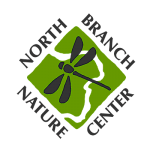
713 Elm Street
Montpelier, Vermont 05602
(802) 229-6206
Hours: Center Open Monday-Friday 9-4
Trails Open 24/7
